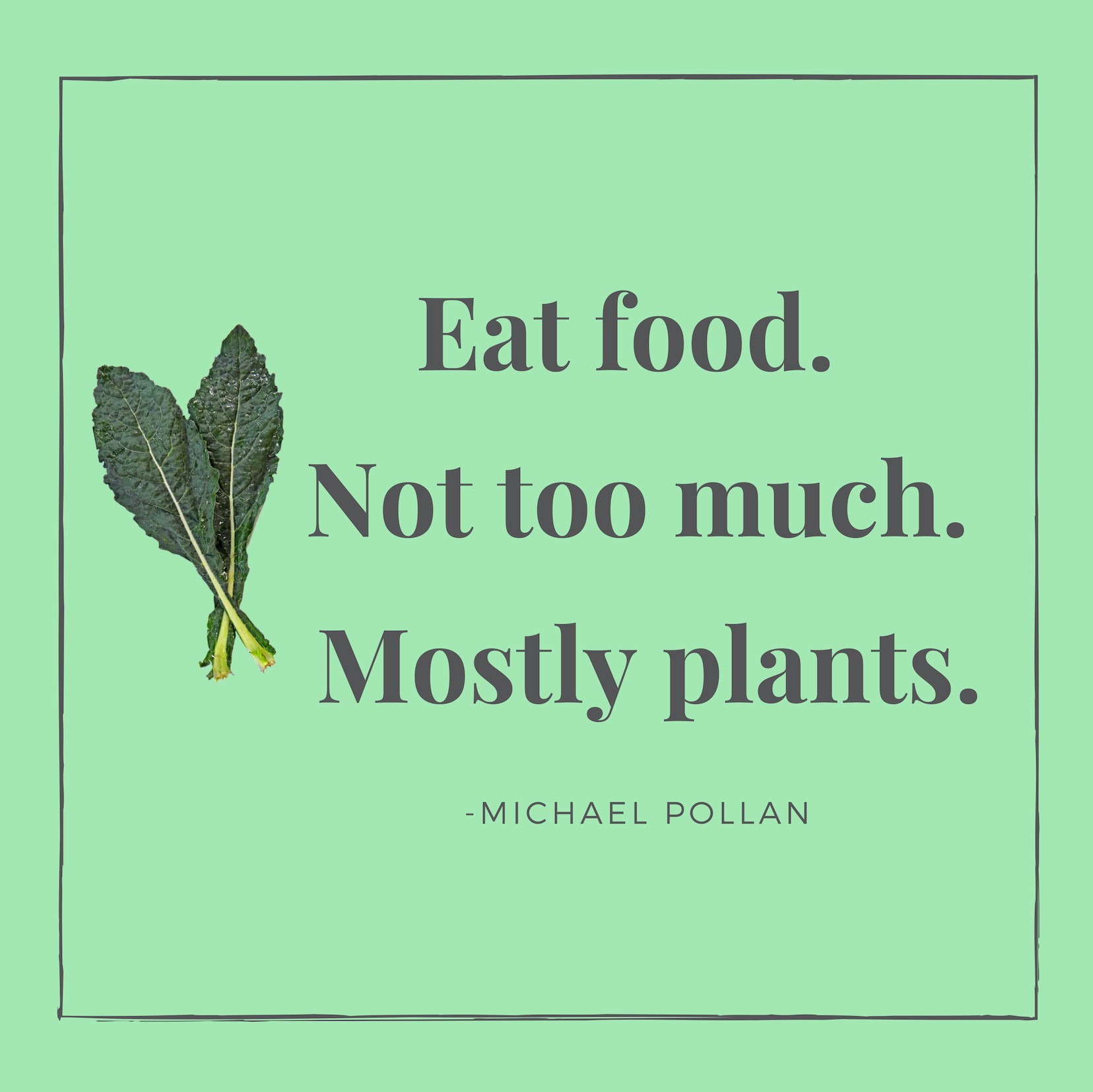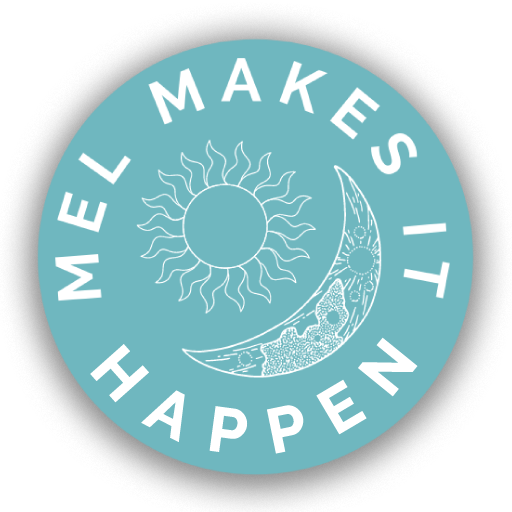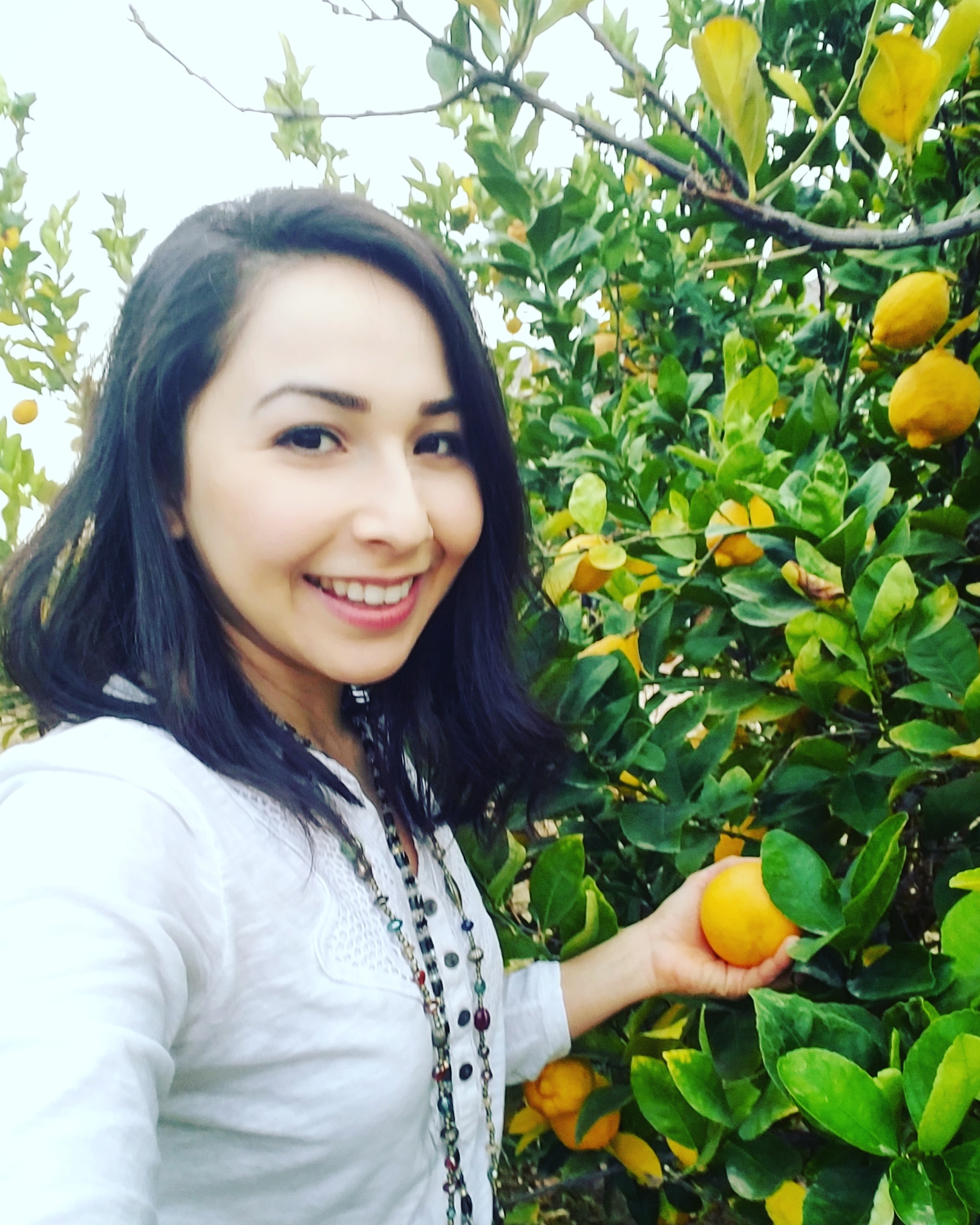During my recent Sugar Detox, I struggled with trying to banish my cravings. I whipped up some sugar-free snacks and stuffed my face with roasted sweet potatoes and bananas because they were free of “added-sugar”. I’m not even upset about the way I approached things because it led me to figuring out a really helpful tip that I now use EVERY TIME I EAT A MEAL.
Before I share the tip (impatient folks can scroll down) I want to clarify my approach on the sugar detox. I wanted to eliminate added-sugars because I sensed those were the major culprit for my wild and uncontrollable cravings. Sometimes I wouldn’t necessarily even be hungry for a sweet but all I needed to do was look at a skillet cookie and BAM! The entire thing might as well be in my stomach because I felt like my self-control was on vacation. Who else can relate?
I’ve since learned that self-control around food is primarily determined by the “baggage” we may be bringing to our plates. Think of it: we spend our days knocking out chores, running errands all over town, meeting with people, and oftentimes chowing down food on-the-go. How well do you think your mind recognizes the food you eat when you’re spooning overnight oats in between passing lanes? Plus, what about all of that erratic energy you’re bringing into your meal?
The field of nutrition is thought of as a body of food rules. However, I don’t believe in a world where food is only something we have to eat to survive. Food is meant to be enjoyed. Yet, for myself and probably many people, there is also a need for moderation. It is up to us as individuals to determine how much moderation to apply and where we want to strengthen or loosen our grips on that relationship with food.
As a matter of fact, the tip I’m about to share was something I picked up because I wanted to set boundaries and stop reaching for food when I wasn’t hungry. On the other hand, it can totally be used if you want to expand your food options and feel less restrictive.
The free and life-changing tip that I now practice for a healthier relationship with food is: GIVING THANKS.
In Western culture, we can be pretty self-indulgent and come to expect certain things in our day-to-day life so much so that the things that really matter get taken for granted. Every day we eat a meal, at least once but, probably a few times. Food is widely available and that almost reduces its perceived value because we think we can just get more later. That may be true accessibility-wise but I like to think about the process that made the food possible. The growing process, the farmers, the store I purchased the food, and the preparation involved.
Just try…next time, instead of jamming a forkful of food into your mouth the moment you lay eyes on your plate, try turning it into an experience. I knew a friend who would carefully hold something that she was about to eat and smell it. She’d legitimately spend a few seconds just smelling her food before eating it! That blew my mind! It was basically a full sensory experience. So, I like to take as much time as possible (without letting my food get cold) before eating to appreciate my food.
Here is what that usually looks like for me:
When possible, I prefer to take a seat at a table and in a space without noise and distractions. Then, I like to stare at my plate a little bit. I smile and think about the way I took my time to prepare my food—or, if someone else made it, then I think about how appreciative I am that they prepared this dish for me. I’ll give my dish a sniff and then place my hands together, and, with my eyes closed, just express thanks for whatever comes to mind. (Thanks can also be directed towards whomever or whatever you’d like: God, Jesus, the Earth, Mother Nature, the Universe, anything!)
Taking a moment to express a few words of gratitude helps me feel present and appreciate what I have. Any other stuff going on in my day or life is set aside, for this moment, so that I can eat in peace. Giving thanks helps me eat more slowly and, consequently, be more attuned to my body. In that state, I can make better decisions for myself and I am significantly less likely to reach for unnecessary second helpings, snacks, or my vice: sweets. 🙂
When I started implementing my life-changing practice, I felt like I finally understood Michael Pollan’s famous words about eating food, but not too much, and mostly plants.

It really isn’t complicated but giving thanks before a meal is almost a lost art. So, tell me, did you grow up giving thanks for meals? Do you currently have a gratitude practice related to food?

